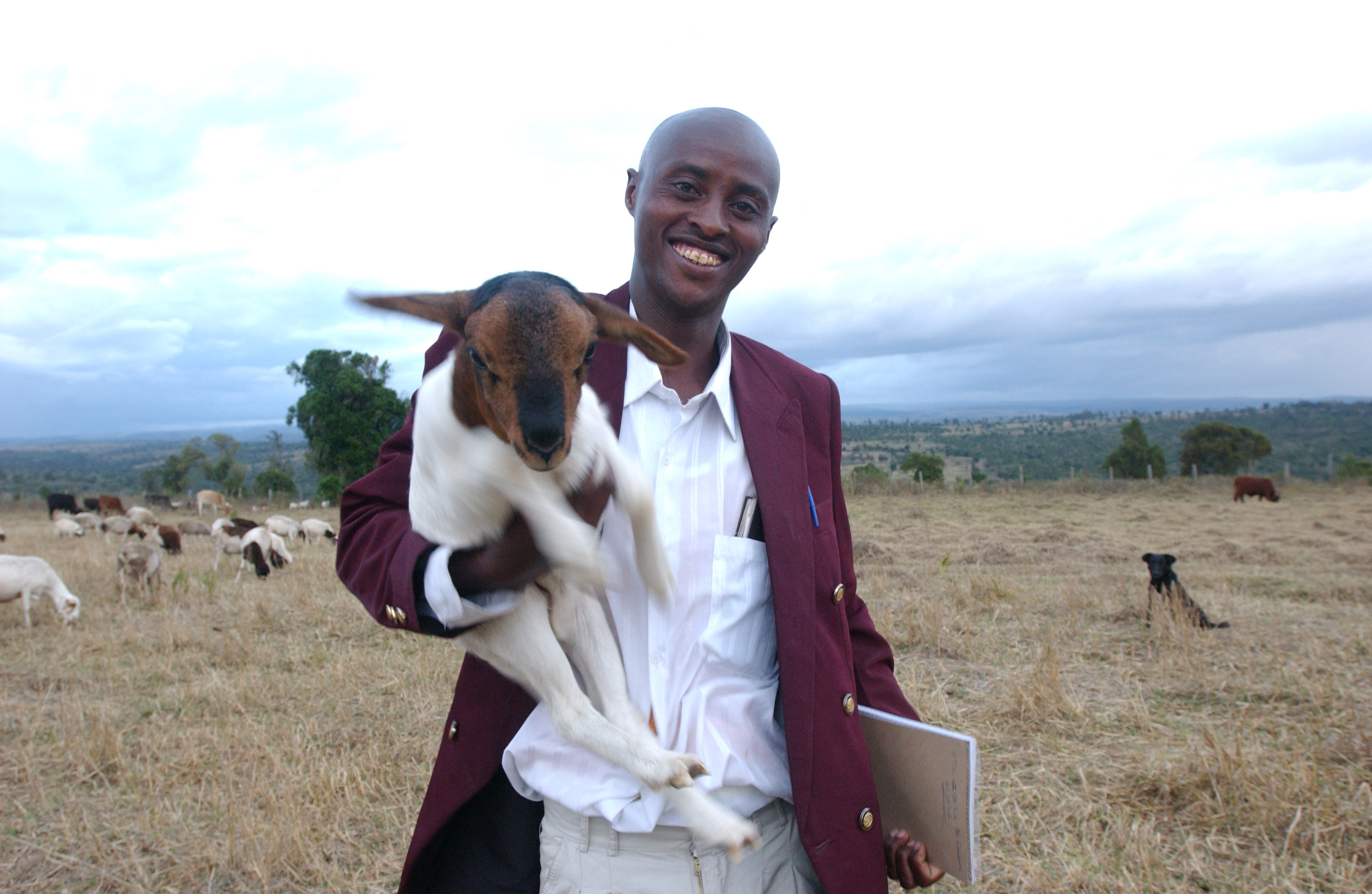
2014 is the International Year of Family Farming (IYFF). The theme of this years’ Agrifuture Days 2014 conference is “ICTs enabling Family Farming”. The Annual AgriFuture Days 2014 conference will take place from June 16th to 18th at Villach, Austria.
The Club of Ossiach, as AgriFuture Days organizers, invite speakers from the private, public, commercial, community and research sectors to send us their proposals for participation and presentations at AgriFuture Days 2014.
Key issues in the following 3 areas where the application and the use of ICTs make a difference to family farming will shape the program.
- Informing family farming communities
- Improving family farm’s productivity and production efficiencies
- Improving family farm producers participation in markets
The conference provides two options to give a presentation.
1) Innovative ICT solutions and big ideas to better one of the three a.m. subject areas
They will be presented on the 1st conference day, June 16th.
Please submit online an abstract of max 500 words, demonstrating the innovative research or development for improving one of the addressed problem areas. Abstracts should explicitly address background, objectives, methods, results and conclusions.
2) Well established technologies and software solutions
They will be presented during the 3rd conference day, June 18th the “Market-Day”
If you want to give a presentation of your new or well established ICT-solutions, or technologies which may also lead to an improvement of family farming, pleased submit an abstract of max 250 words.
If you want to give a presentation of your new or well established ICT-solutions, or technologies which may also lead to an improvement of family farming, pleased submit an abstract of max 250 words.
Please mention the subject area you are addressing with your presentation and select max 3 related topics from the following list.
Why should you speak ?
- Demonstrate your own work, and results
- Allow others to learn more about your work.
- Demonstrate your own understanding of the subjects to others
- Reach your targeted audience
- Influence the future trends through sharing your ideas and perspective
- Exchange ideas with other professionals
- In science even preliminary results can be significant - allow a constructive feedback
General instructions:
Abstracts have to be submitted online not later than Feb. 20th. The notification of abstracts acceptance is made by April 30th. Abstracts for innovative solutions should not exceed 500 words, those of well-established solutions not more than 250 words. English will be the official language of the conference. The final selection of papers is the exclusive decision of the organizers and the program committee. Accepted papers will be presented at the conference as an oral presentation and the text will also be published in the conference proceedings.
Please select from the following topics (max 3), which suit best to your presentation.
- Advisory/Extension
- Agribusiness
- Agricultural engineering
- Animal health
- Animal production/ Livestock husbandry
- Aquaculture
- Biotechnology
- Climate smart agriculture
- Crop protection
- Decision support Systems
- Distance Learning
- e-AgBusiness and Production Chain Management
- Education/Training,
- Energy
- Field Data Acquisition and Recording
- Food Safety Control/Tracking-Tracing
- Forestry
- GIS
- Green houses and plant factories
- Health and nutrition
- ICT for agriculture
- Information Systems and Databases
- Instrumentation and Control
- Landscape architecture
- Mechanisation
- Organic agriculture
- Pest management
- Plant production
- Precision farming
- Rural and Environmental Development and Policy
- Sensors and instrumentation
- Soil health
- Value chain
- Water management
- Web Services, Portals and Internet Applications
- Wireless and Sensor Networks
Make use of the opportunity to present your innovative solution or even game-changing idea to an international audience.
Some additional information to the key issues
Ad 1. Informing Family farming communities
Agriculture is becoming increasingly knowledge intensive. Family farming communities are affected most from lack of availability and access to relevant, useful and timely new information and in their ability to learn from this information and use it effectively. There are many problems and constraints in all situations of family farming and communities in the developed and developing world. Some of these include cost, connectivity, lack of appropriate data and information, accessibility of information, lack of applications, lack of coherence and integration of information etc.
Ad 2. Improving family farm’s productivity and production efficiencies
Family farm productivity and production efficiencies as measured through Total Factor Productivity (TFP) vary the world over. In most cases, when measured by indicators other than that of crop or animals produced, the contributions of family farms through agriculture to the community and society far exceed those of other farming businesses. However this productivity is neither optimized nor resilient. ICTs can contribute further to improving agricultural contributions to the community and society at various levels from plant, plot, field, farm to farming system, production system, Biome etc.
Ad 3. Improving family farm producers participation in markets
A key issue in family farming is the ability of family farmers to participate in markets individually and collectively. Distinct areas of issues that can be improved by ICTs are in the flow of commodities including harvesting, post harvest processing, transport and logistics including fuel and energy use, identity preservation and traceability and marketing, in the provision of financial services including risk management, insurance, loans etc. and in knowledge services including those for forecasting, planning optimization and monitoring.
We look forward to the receiving your proposals and contributions to a successful conference in Villach.
"Club of Ossiach"
clubofossiach@agrifuturedays.com
clubofossiach@agrifuturedays.com
Photo credit: ©FAO/Ami Vitale
